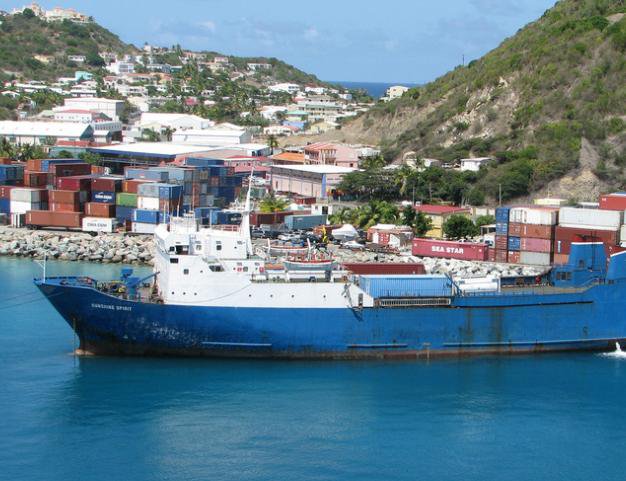While occupying an almost-invisible position in all the Leaders’ G20 meetings since their inaugural session in Washington in November, 2008, international trade — and all the billions of globalized transactions that it encompasses — has always been the elephant in the conference room.
Even with the largest decline in international trade volumes since the 1930’s in late 2008-2009 arising from the Great Recession, the elephant behaved rather well and Leaders only needed to spend a few private moments at each summit meeting addressing it.
Notwithstanding alarmist fears by some credible observers of likely massive trade protectionism, only 1-2 % of traded goods and services exports appear to have been affected by such protectionist measures; the international trade system remained intact over the past two years — in stark contrast to the international financial regime and the still-evolving international climate change regime.
Yet the international trade system, while operating well with respect to its day-to-day activities — including its dispute resolution functions — is having great difficulty modernizing itself to reflect the world as it is or is becoming.
Regional and bilateral arrangements continue to proceed in many parts of the world, some addressing newer issues but most focussing on the old. Globally, however, this is not the case. The Doha Round of global trade talks has been effectively stalled since July 2008 although an ambitious, balanced deal is in sight with only a concerted political push (particularly on the part of the US and India) now necessary to conclude it. In the meantime, new issues are clearly on the horizon for which mutually-agreed rules and procedures will be necessary — climate change, investment, regulatory issues, and trade related development being some of the more urgent.
Thus at Seoul, leaders can and now should acknowledge the importance of open markets and revitalize trade talks, to complete the past and to face the future as part of a concerted effort to ensure a more robust and long-lasting economic recovery:
- Leaders should re-affirm the values, principles, and purposes of the trade system; their commitment, that is, to an open, balanced, transparent, non-discriminatory regime.
- Leaders should define clearly that a well-functioning, up-to-date trade system is key economic growth, prosperity, and improved human well-being: both developed, emerging and developing countries.
- Leaders should make clear that they and their Ministers recognize the importance of limiting the volatility of exchange rates in order that trade, investment, and technological exchange between and amongst nations are not unnecessary impeded.
- Leaders should commit themselves to ensure that, with critical elections behind them and only several elections ahead in the next fifteen months, outstanding global trade negotiations — the Doha Round — will be completed and a work program to tackle newer issues of interest to business and to society more largely will start in a concerted, constructive manner immediately with a report to Leaders at their next meeting in 2011 on progress being made tabled publicly focusing on with whatever difficulties are being encountered and how they are being resolved.
John M. Curtis is a distinguished fellow at The Centre for International Governance Innovation in Wateroo, Ontario, Canada.
(Image credit: Flickr user Rennett Stowe)
